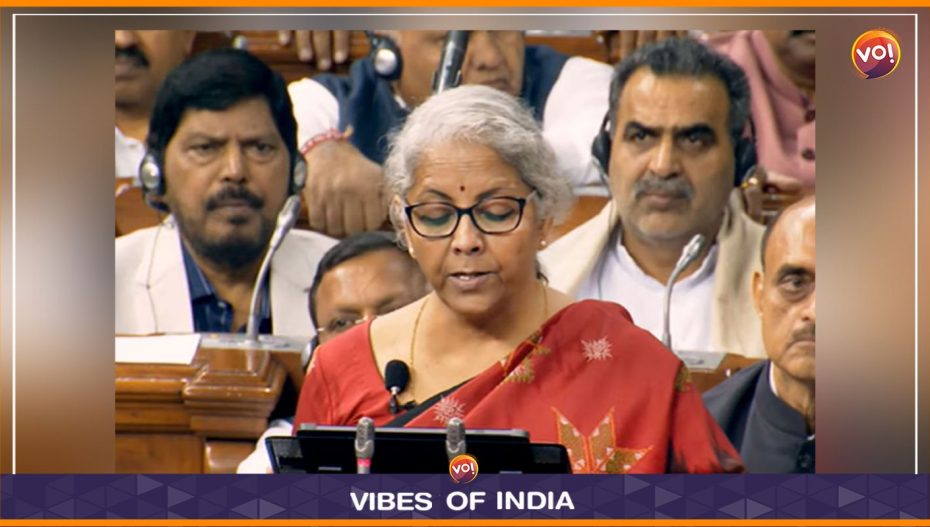Finance Minister Nirmala Sitharaman made five significant announcements regarding personal income tax to help the hard-working middle class. Although the new tax system would be the default, taxpayers could choose the previous one instead.
In the new tax system, Sitharaman suggested increasing the rebate cap from Rs. 5 lakh to Rs. 7 lakh. Therefore, up to an annual income of Rs 7 lakh, a person who has chosen the new tax system will not be required to pay any tax. In the new tax system, she also announced changes to tax slabs.
What is the new tax regime?
The lower tax regime for individuals was introduced in 2020 under Section 115BAC as a more straightforward alternative, without claiming any investment-related deductions or exemptions. Individuals who were unable to invest and claim deductions were expected to benefit from this. The previous regime had fewer slabs than the new one.
However, because it is more complicated, this regime has not found many supporters thus far.
Earlier in January, Sitharaman responded to a claim in the book Reform Nation, written by Observer Research Foundation Vice President Gautam Chikermane, that the new and voluntary income tax regime had taken away the simplicity of the old one, which had only three tax slabs of 10%, 20%, and 30%. She said the old tax regime was full of exemptions.
“Every tax assessee has 7, 8, 9, 10 exemptions,” she explained. Despite all exemptions, the rates of 10, 20, and 30% remain. It continues even today. We have not removed it. “What we’ve done in the name of simplicity and avoiding harassment… the goal when we implemented faceless tax assessment was to remove harassment,” she explained.
“We kept the old simplicity intact in order to keep the simplicity and not deny those who want to keep the simplicity, but we came up with a parallel system that has no exemptions whatsoever, but has simpler, more favorable rates… favorable rates…
And who is eligible for rebates under the old tax regime?
Under this regime, people can cite investments, house rent, LTA, exemptions under Section 80C, etc. to reduce the amount of tax they have to pay. However, some experts believe that this will impose a greater compliance burden on taxpayers.
Also Read: Gujarat ATS Arrest Teacher For Question Paper Leak













